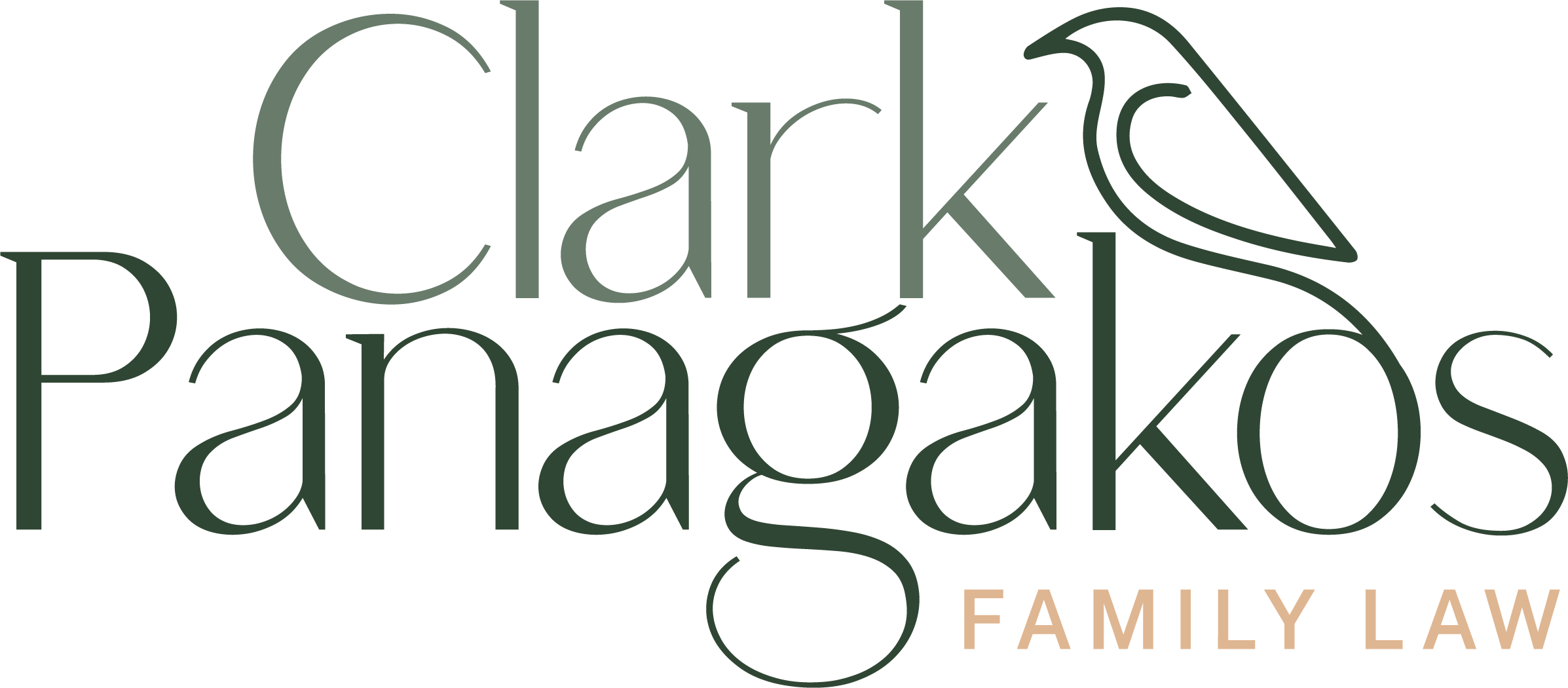In the realm of family law, collaborative matters are gaining popularity as an alternative approach to resolving disputes outside the traditional courtroom setting. Family Relationship Consultants (FRCs) play a significant role in these collaborative processes, providing valuable expertise and guidance to individuals navigating sensitive family-related issues. We explore the benefits of involving FRCs in collaborative matters and how their contributions lead to more amicable resolutions, strengthened relationships, and improved overall outcomes.
- Expert Guidance and Mediation:
FRCs bring specialised knowledge of family law to the collaborative table. Their expertise enables the legal team to navigate complex legal matters while the FRC’s assist the parties and the team to maintain a focus on finding mutually agreeable solutions. By serving as neutral mediators, FRCs foster constructive conversations, ensuring all parties’ voices are heard and guiding them towards a fair resolution.
- Preserving Family Relationships:
In family law cases, relationships are often strained due to emotional turmoil and disagreements. FRCs excel in diffusing tense situations and promoting respectful communication. By emphasising the importance of preserving family bonds, FRCs help build bridges between parties, allowing them to address their concerns while working towards harmonious coexistence, especially in cases involving childrens arrangements.
- Confidentiality and Privacy:
Collaborative matters conducted with the assistance of FRCs offer a level of confidentiality that is not always present in court proceedings. Participants can openly discuss sensitive matters without fear of public exposure. This secure environment fosters trust and encourages individuals to share their concerns more openly, leading to more meaningful and effective resolutions.
- Empowerment and Informed Decision-Making:
FRCs empower individuals involved in collaborative matters by helping them to hear and process the information they need to make informed decisions. This ensures thorough education on options and potential outcomes, FRCs ensure that parties are well-informed about their rights and responsibilities, promoting fairness and transparency throughout the process.
- Cost-Effectiveness and Timeliness:
Collaborative matters often prove to be more cost-effective and time-efficient compared to lengthy court battles. By engaging FRCs, individuals can avoid protracted litigation, which can be emotionally and financially draining. The focus on cooperation and compromise in collaborative settings accelerates the resolution process, enabling parties to move forward with their lives more quickly.
- Child-Centric Approach:
In cases involving children, FRCs place the child’s best interests at the forefront of decision-making. They advocate for a child-centric approach that prioritises the well-being and stability of the children involved. By facilitating respectful communication between parents, FRCs help create sustainable co-parenting plans that support the children’s emotional and developmental needs.
Conclusion:
Family Relationship Consultants play a vital role in collaborative matters, bringing their expertise, mediation skills, and compassion to the table. Through their efforts, collaborative processes in family law cases foster healthier communication, preserve relationships, and promote the well-being of all parties involved, especially when children are affected. By embracing the collaborative approach and involving FRCs, individuals can navigate family law matters with greater efficiency, respect, and understanding, ultimately leading to more satisfactory and enduring resolutions.
Bev Clark Director Clark Panagakos Family Law

